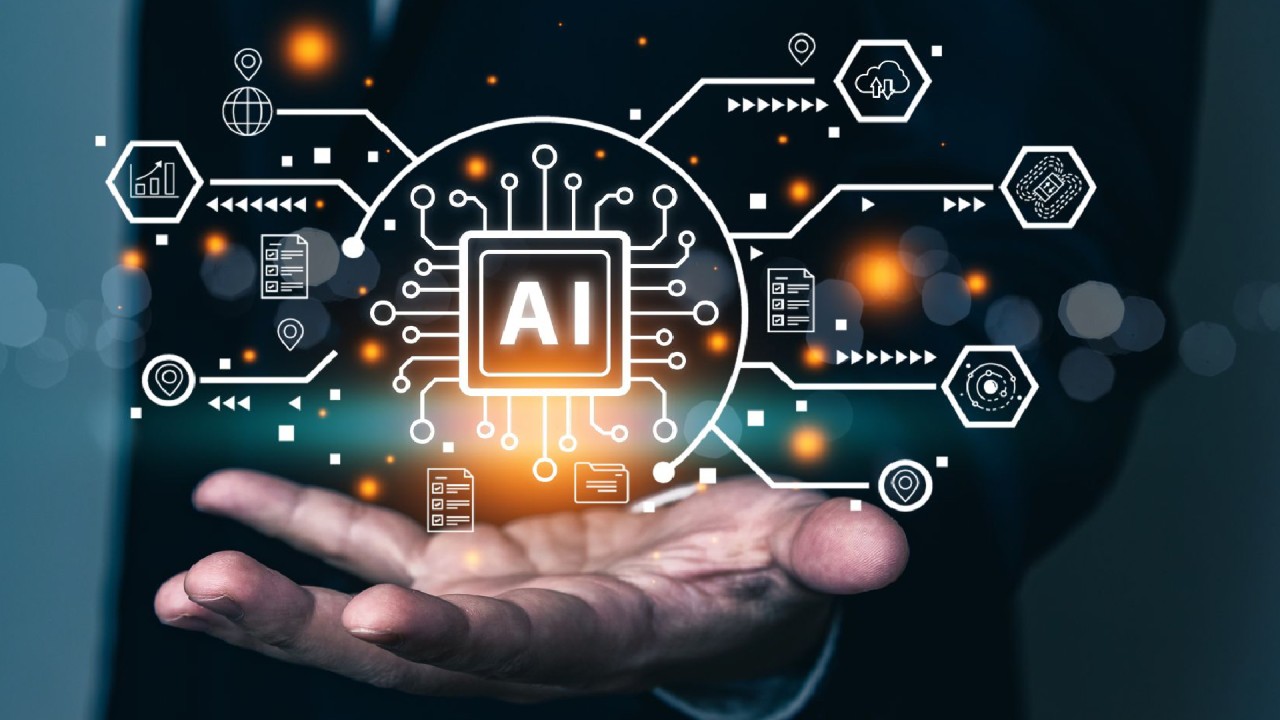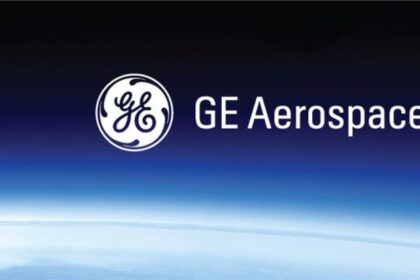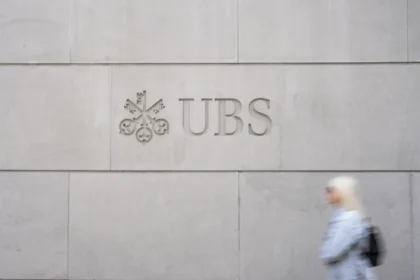The news of ASML’s €1.3 billion investment in the French startup Mistral AI instantly hit the headlines of leading media outlets. For a company that has long been associated exclusively with lithography equipment for chipmaking, this step looks like a sharp turn. But if we look deeper, it’s not just a financial injection – and within Strategic Insights YourDailyAnalysis, we view this deal as a strategic maneuver that could reshape Europe’s position on the AI map.
The Deal and Its Scale
According to Reuters, ASML has become Mistral AI’s largest shareholder, secured a seat on the boardз of directors, and brought the startup a preliminary valuation of €10 billion ($11.7 billion). For a company founded just two years ago by former DeepMind and Meta researchers, this is a record leap. Moreover, no other European AI startup has reached such a valuation, automatically making Mistral a symbol of the continent’s new ambitions.
Bank of America notes that the amount itself is modest for ASML – it is expected to generate more than €70 billion in free cash flow by 2030. But the significance goes far beyond the numbers: the deal gives ASML access to future AI development roadmaps, strengthens its presence in EU regulatory discussions, and, crucially, allows it to be not just a bystander but a co-author of the rules of the game.
Europe’s Search for a “Champion”
The AI race today is largely set by the US and China. Google, OpenAI, Anthropic, Meta on one side, and Baidu, Tencent, Alibaba on the other, are already shaping the technological foundation of the future. Europe has traditionally lagged behind, contenting itself with the role of regulator and consumer of technologies.
ASML’s investment in Mistral could shift this balance. The startup has already proven it can build competitive models: its solutions outperform Meta’s LLaMA 2 13B and approach LLaMA 34B with lower computational costs. The launch of the Le Chat chatbot on iOS and Android shows the product is aimed not only at lab testing but also at mass users.
Why This Matters for ASML
Until now, the company remained in the background of big tech names, playing the role of an “infrastructure giant” without which chipmaking progress would be impossible. But the market increasingly values those directly connected to artificial intelligence. For ASML, the Mistral investment is an attempt to redefine its image – adding to the title of “lithography monopolist” a new one: “key player in Europe’s AI ecosystem.”
BofA analysts emphasize that this deal could boost investor confidence, as the company is no longer reliant solely on equipment demand cycles and gains exposure to a sector where valuations are traditionally higher.
What It Means for Europe
With ASML’s backing, Mistral could become the much-needed “European counterbalance” to American and Chinese companies. In a context where the EU heavily depends on US hyperscalers, having its own player with strong scientific foundations and capital from a tech giant looks like a first step toward digital sovereignty.
For Brussels, it’s also an opportunity to shape regulatory frameworks not in isolation from business but in tandem with it. ASML’s board seat at Mistral will allow the company to directly influence debates around the European AI Act, where the key issue remains balancing innovation with safety.
YourDailyAnalysis View
At YourDailyAnalysis, we see much more than a one-off deal here. It signals a paradigm shift: industrial giants are actively integrating into the world of AI, realizing that the future of technology will be defined not only by chip production but also by the algorithms running on top of them.
There are risks in this alliance. European regulation may slow Mistral’s growth, and competition from OpenAI or Google will require resources no single investor can provide. But the strategic logic is clear: ASML is protecting itself against a scenario where Europe remains a perpetual follower.
Conclusion
ASML’s €1.3 billion investment in Mistral is not just about money. It’s a statement that Europe is ready to step out of the shadows and fight for leadership in AI. For ASML, it’s a step toward redefining its market role, and for Mistral, a chance to become a true competitor to American and Chinese giants.
While questions of scaling, regulation, and competition remain, one thing is already clear: this deal will become a starting point for the new phase of Europe’s digital strategy.















